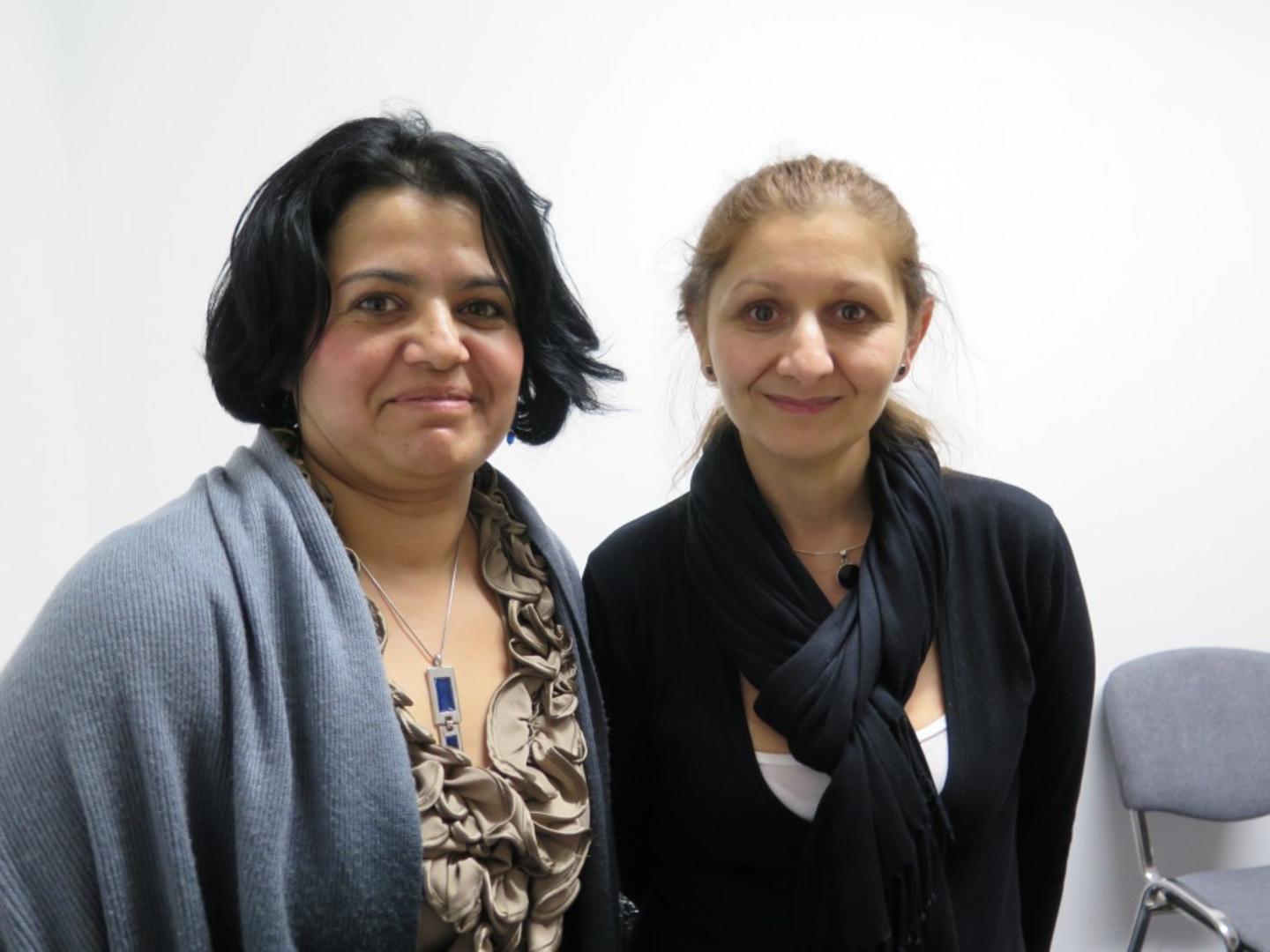Roma women in Slovakia suffer from two levels of discrimination; firstly, they have poor access to basic services because of their Roma identity and, secondly, Roma women also under-perform compared with Roma men in education. However, when it comes to active involvement in the community, it is often Roma women who lead the way.
“Although Roma women under-achieve compared to men, it is women who bring about change and who are the main players when it comes to civic participation,” says project manager, Zuza Kumanová.
Financed by Iceland, Liechtenstein and Norway through the €3.7 million Slovak NGO programme, the aim of the 'Civic participation' project is to equip Roma women with the leadership skills needed to play a more effective role in their communities. The project uses a tried-and-tested method, which promotes civic participation through non-formal education, the formation of local action groups and an introduction to how politics works locally and how to make one's voice heard. The project worked with 12 women from six localities and two regions in western and eastern Slovakia.
Dana
Dana has been active in her community for more than ten years. She has supported young people from disadvantaged backgrounds, often children who have just come out of institutional care or who don’t live with their parents. She saw that these children had little to do and started organising activities for them, and would also take the children home so that they could experience being in a family.
Communication skills were the first part of the training. Dana stressed that this was very worthwhile and that more communication skills were needed.
“I have always been visible in the community but now I have the confidence to speak out and speak up,” says Dana.
The women were given training on municipal policies and politics, as well as on the Roma community in general. Actions groups were formed at a local level to identify concerns, and the women were taught how to design project proposals and raise funds. The projects were then presented to local councillors.
The project has given the women the confidence and knowledge they need to meet and influence decision-makers, not just at a Slovak level, but also at a European level. Five of the women involved with the project travelled to Brussels to meet a Roma member of the European Parliament, and the Slovak MEPs.
"This was empowering to the women. They saw they can reach out to politicians in Brussels too, and came to understand European politics better," says Zuza.
The women were supported and advised on how to run for election. In Dana’s municipality, there are 3 000 inhabitants, of whom 500 are of Roma origin. Therefore, Dana could not count on Roma support alone, so she had to reach out and visit the non-Roma households and explain to them how they would benefit from electing her. In the end, Dana was not elected, but she is not down-hearted.
“I have been empowered by this project. Although my candidacy for the local council was ultimately not successful this time round, the training I have received has helped me realise my potential. It has been an excellent learning curve.”
Dana has been given much support in her activities by her husband, who has also become a volunteer, and also from Dana’s wider family.
Project Manager Zuza Kumanová is clear about the motivation of participants of volunteers:
“Women want change. Women learn from change. And change for communities starts with each individual.”
In Minorita
The project promoter ‘In Minorita’ (In Minority) was established in 1999. In Minorita has focused on three fields of activity: remembering the Roma Holocaust, valuing Romany culture and addressing the situation of Romany women. In Minorita has been successful in integrating the gender aspect into the National Action Plan for Roma Inclusion, as well as highlighting the role of successful Romany women in mainstream society.
Read more about the ‘Civic Participation for Roma Women’ project
Read more about the Slovakian NGO programme - Democracy and Human Rights
